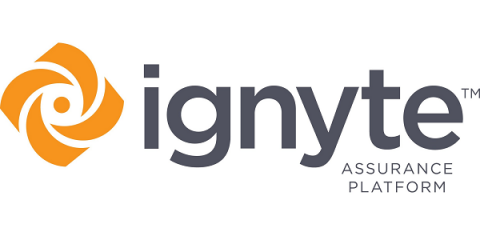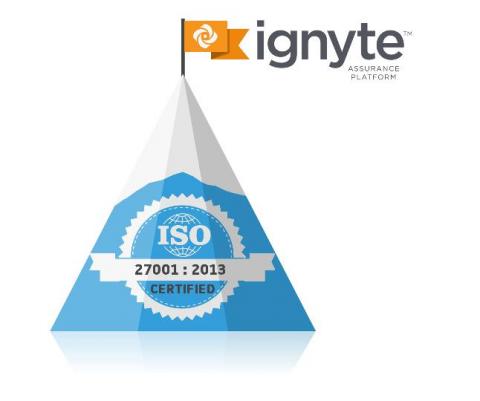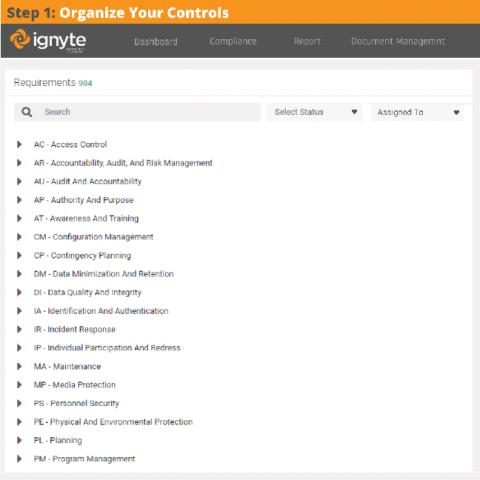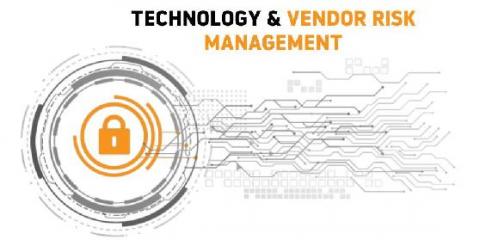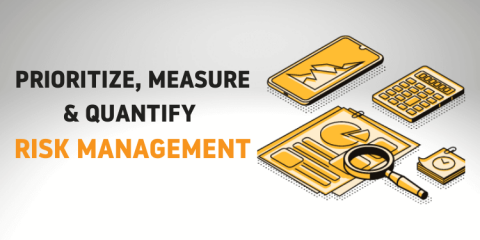Increase in Cybersecurity Threats in Healthcare
Technology plays a crucial role in the operation of today’s healthcare service organization. Many hospitals are increasing use of modern technologies like mobile computing and cloud services to improve care delivery, resulting in far-reaching impact for doctors and administrators. At the same time, the current COVID-19 pandemic has disrupted almost every aspect of life. The situation has accelerated the adoption of virtual care to stay relevant during the pandemic.


